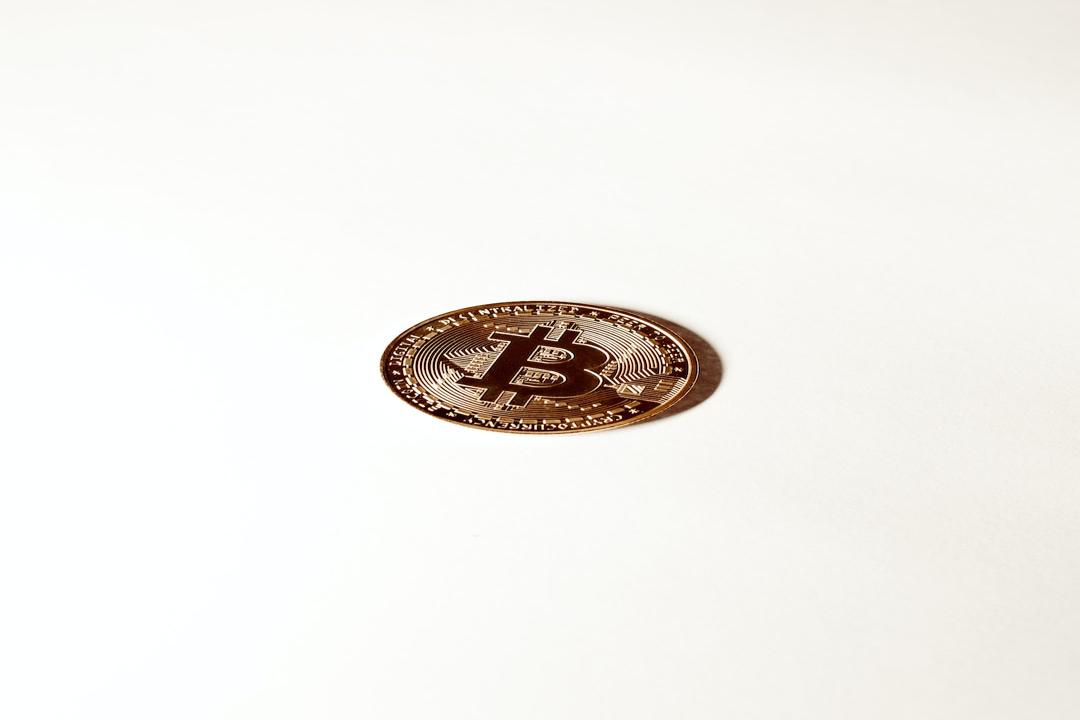The Chinese government is expected to take a big step in promoting the development of the Web3 industry. The Ministry of Industry and Information Technology (MIIT) of China stated on the 19th that it attaches great importance to the development of the Web3.0 industry and will promote technological innovation and high-quality development of the Web3.0 industry. It will also formulate a Web3.0 development strategy document that is in line with China’s national conditions and encourage the development of new business models such as NFT and decentralized applications (DApps).
During the National People’s Congress earlier this year, Wu Jiezhuang, a member of the National Committee of the Chinese People’s Political Consultative Conference and a member of the Hong Kong Legislative Council, proposed a motion on promoting the development of the Web3 industry. He put forward opinions on strengthening Web3.0 technology research and development, establishing standards, and cultivating talents in China.
In response to this proposal, the MIIT of China stated that it attaches great importance to the development of the Web3.0 industry and listed the work it has carried out, including continuous optimization of policy environment, continuous deepening of technological exploration, accelerated promotion of application cultivation, and steady promotion of standard development.
The MIIT pointed out that it has launched a series of policies for blockchain, including the promotion of the release of China’s first national standard in the field of blockchain technology, the active tracking of international layout and development, and the coverage of Web3.0 application scenarios in various fields such as industry, healthcare, education, and tourism. Internet companies have also launched a large number of digital collections, metaverses, and other related products.
China will formulate a Web3.0 development strategy document. In the next step, the MIIT of China stated that it will strengthen coordination and interaction with relevant departments to promote technological innovation and high-quality development of the Web3.0 industry. It proposed four directions:
1. Improve top-level design: Strengthen research on Web3.0, formulate a Web3.0 development strategy document that is in line with China’s national conditions, clarify the development path, technological focus, and application models of Web3.0, and handle the relationship between inheritance and innovation, development and security, government and market, supply and demand. Focus on key areas such as government affairs and industry, encourage new business models such as NFT and DApps, and accelerate the innovation application and digital ecological construction of Web3.0.
2. Strengthen technological research and regulation: Support enterprises, universities, and research institutions in conducting research on the Web3.0 technology system, achieve key breakthroughs in cross-chain, privacy computation, smart contracts, etc. Deploy research on blockchain security regulation and governance technology, conduct research on alliance chain technology convergence and cross-chain mutual recognition, and explore the blockchain technology system architecture that takes into account the open characteristics of public chains and the easy regulatory characteristics of alliance chains. Increase support for the development of data security products, strengthen the management of network product security vulnerabilities, and enhance the network and data security protection capabilities in the development of Web3.0.
3. Carry out international exchanges and cooperation: Closely follow the cutting-edge developments of Web3.0 in various fields of international politics, industry, academia, and research. Encourage research institutes, universities, enterprises, etc. to participate in global standardization activities related to Web3.0, promote participation and leadership in the formulation of international standards, factual standards, and international alliance standards related to Web3.0, and enhance China’s international discourse power and rule-making power. Accelerate the cultivation of compound talents and build a high-level talent team.
4. Increase technical promotion and popularization: Establish good existing science popularization platform resources and continuously improve the public’s understanding and awareness of Web3.0 technology through official new media platforms such as Kexue Zhongguo (Science China). Promote pilot applications such as decentralized digital identity (DID), explore institutional and individual Web3.0 digital identity certification and digital asset management systems, create data governance and transaction circulation mechanisms, and form typical demonstration projects that can be copied and promoted.
Wu Jiezhuang praised the open attitude of the Chinese government. In response to this, he praised the central ministries and commissions of China for their positive, proactive, and open attitude towards promoting the application and technology of Web3.0. His own opinion on the MIIT’s response is as follows:
The national attitude towards Web3.0 technology is open and supportive, especially in the areas of physical application, underlying technology, and standardization development. The content mentioned NFT, DApps, digital asset management systems, and others.
Hong Kong has great potential in the development of Web3.0. The response document stated that international exchanges and cooperation will be carried out, and Hong Kong, as an international financial center and a global Web3.0 hub, can serve as a representative for strengthening international development of Web3.0 and enhance cooperation and exchanges with international Web3.0 projects.
We need to strengthen the integration of Web3.0 technology and physical applications, and promote public understanding of Web3.0 development.


